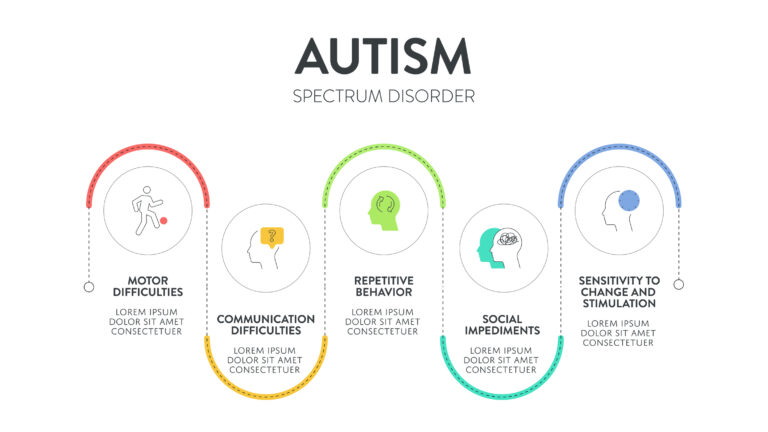Autism Parenting Tips
Parenting a child with autism comes with unique challenges and rewards. Every autistic child is different, and what works for one may not necessarily work for another. However, there are key approaches that can help create a supportive and nurturing environment, allowing your child to develop confidence and essential life skills. Here are some useful tips for parents of autistic children.
Establish Routine and Predictability
Autistic children often thrive on routine, as it provides a sense of stability and reduces anxiety. Try to maintain consistent meal times, bedtime routines, and daily activities. If any changes are unavoidable, prepare your child in advance by explaining what will happen and using visual schedules or social stories to ease transitions.
Use Clear and Simple Communication
Many autistic children experience difficulties with communication, so it is important to be clear and direct. Use simple language, visual aids, or gestures to reinforce your words. Some children may benefit from communication systems such as PECS (Picture Exchange Communication System) or assistive technology. If your child struggles with verbal expression, encourage alternative forms of communication that suit their needs.
Encourage Sensory Regulation
Sensory sensitivities are common in autism, and understanding your child’s sensory preferences can help minimise distress. Some children may seek sensory input through movement, while others may be overwhelmed by loud noises, bright lights, or certain textures. Create a sensory-friendly environment at home by providing noise-cancelling headphones, weighted blankets, or fidget toys if needed.
Promote Social Skills at Their Pace
Social interactions can be challenging for autistic children, but they can learn social skills with the right support. Encourage playdates in familiar environments, introduce social stories to explain different social situations, and provide opportunities to practise communication in a safe and structured manner. Respect your child’s social boundaries, and do not force interactions if they feel uncomfortable.
Support Emotional Regulation
Teaching emotional regulation is essential for helping autistic children navigate their feelings. Use visual emotion charts, deep breathing exercises, or calming strategies to help them manage stress. A quiet space at home where they can retreat when feeling overwhelmed can be beneficial.
Advocate for Your Child’s Needs
Work closely with teachers, therapists, and healthcare professionals to ensure your child receives the right support. Learn about your child’s rights in education and healthcare, and do not hesitate to ask for adjustments if necessary. A well-structured Individual Education Plan (IEP) can help them succeed in school.
Celebrate Their Strengths
Autistic children often have unique strengths and talents. Encourage their interests, whether it is music, art, science, or technology, and provide opportunities to build their confidence. Focusing on their abilities rather than limitations helps them develop a positive self-image.
Above all, parenting an autistic child requires patience, understanding, and love. By creating a supportive environment tailored to their needs, you can help them thrive and reach their full potential.
You are here:
home » Autism Parenting Tips

